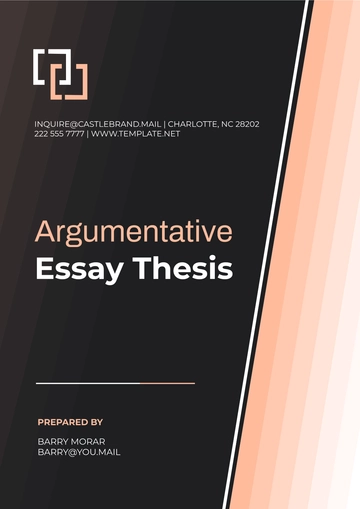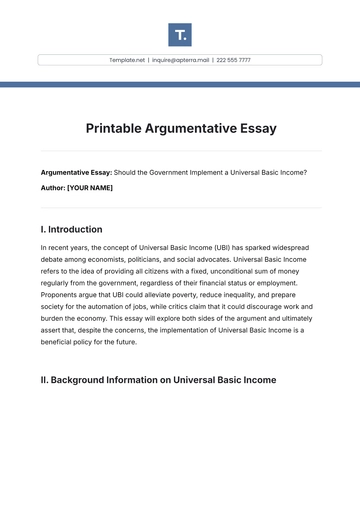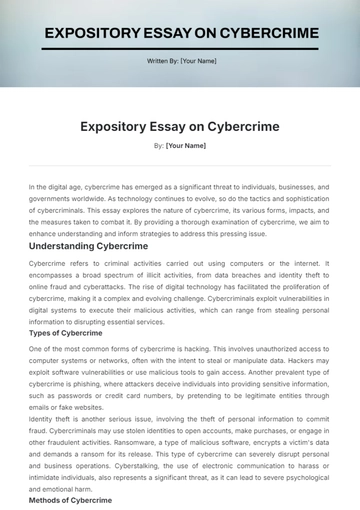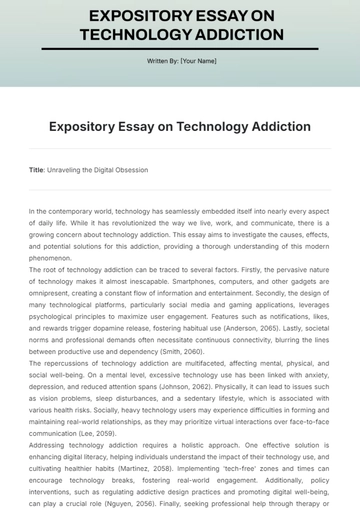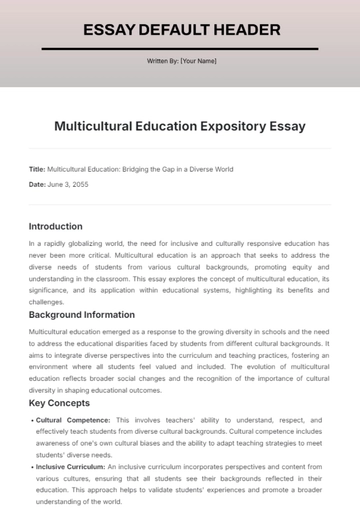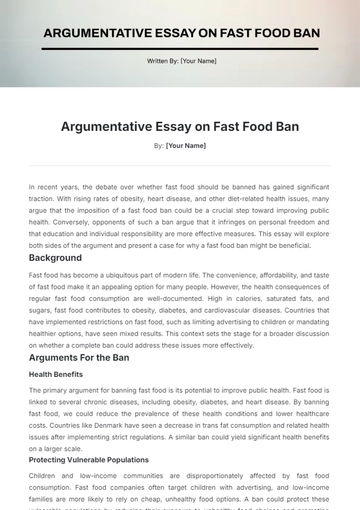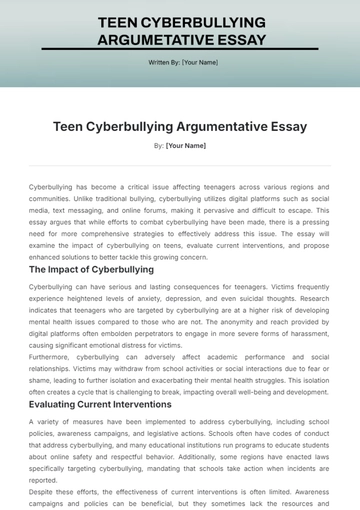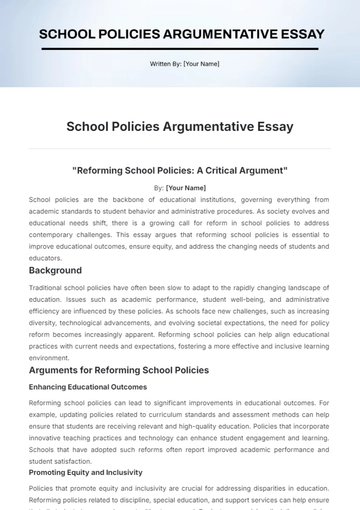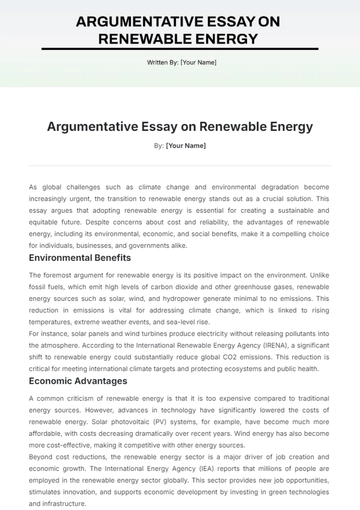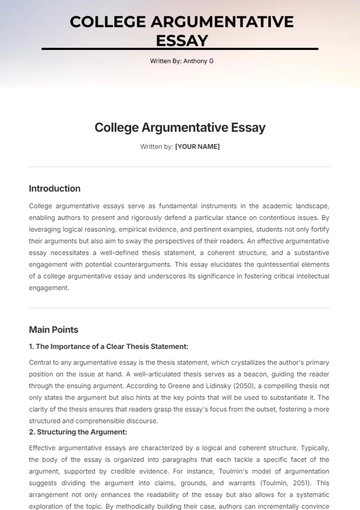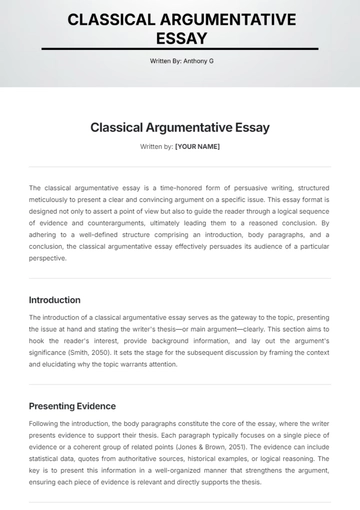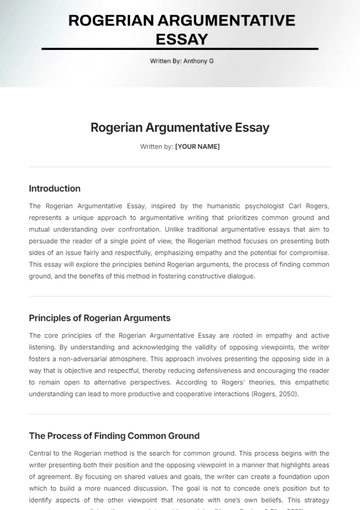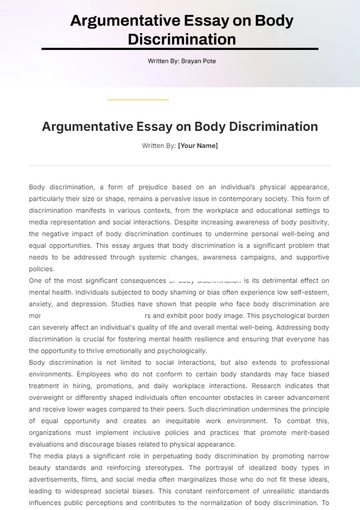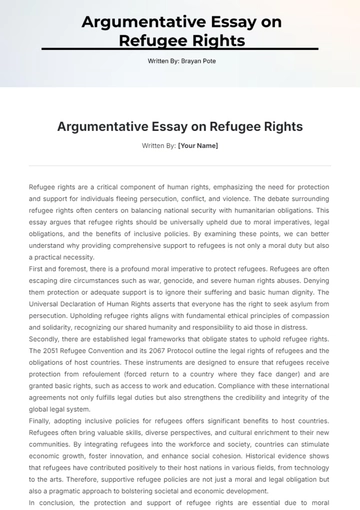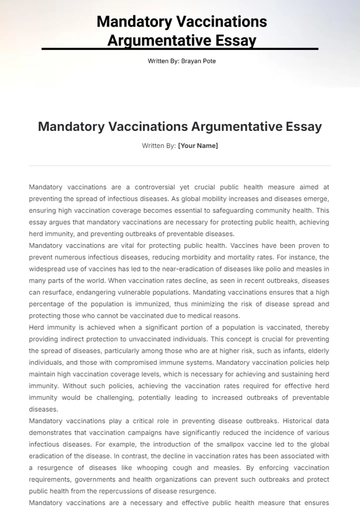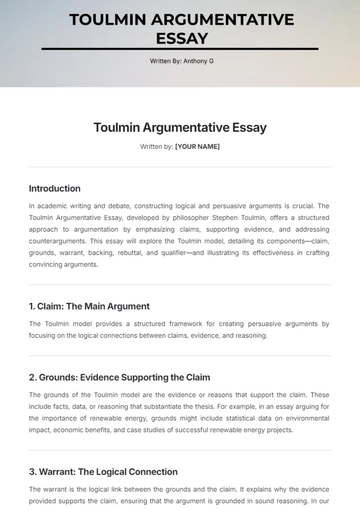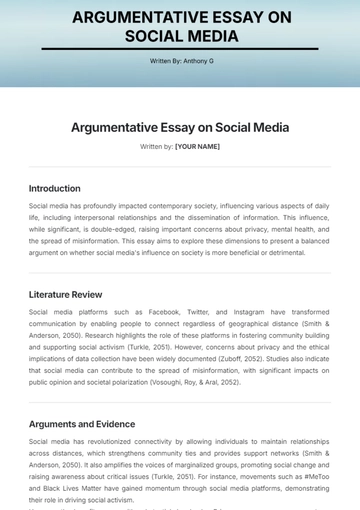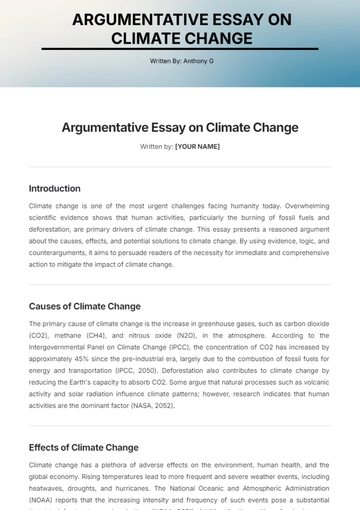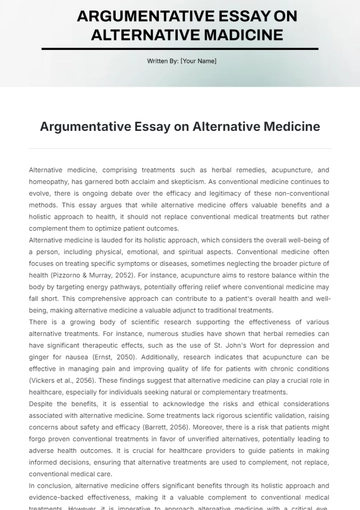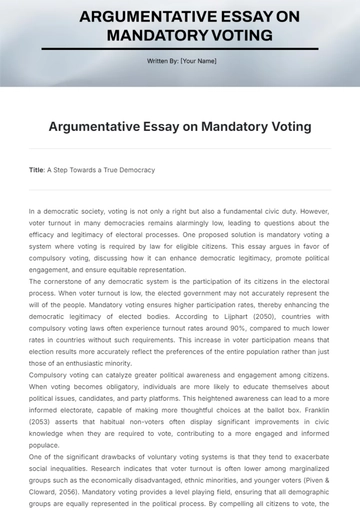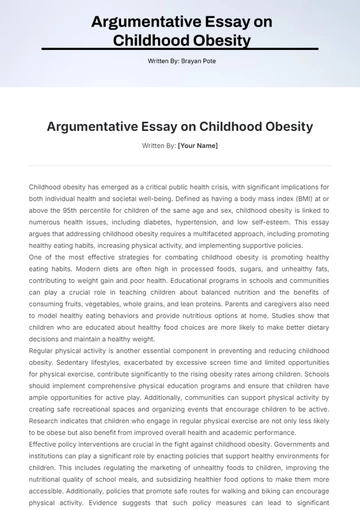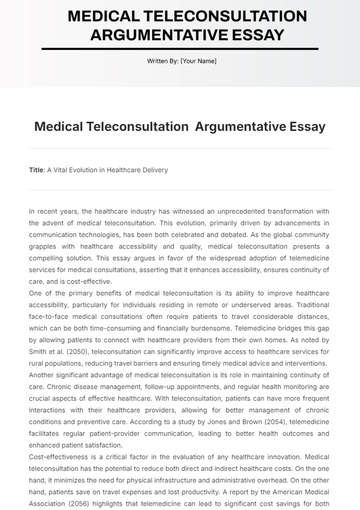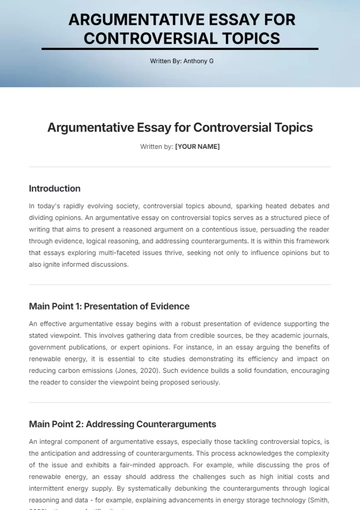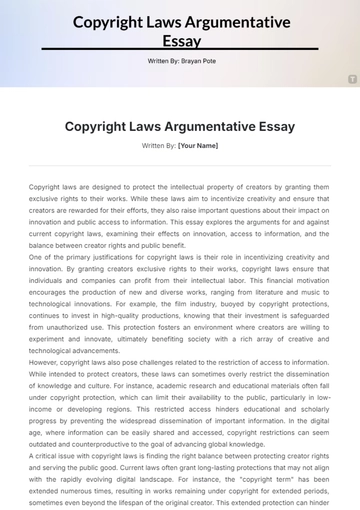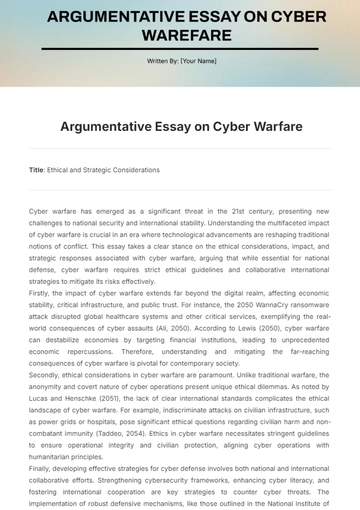Free Argumentative Essay Financial Literacy in Schools
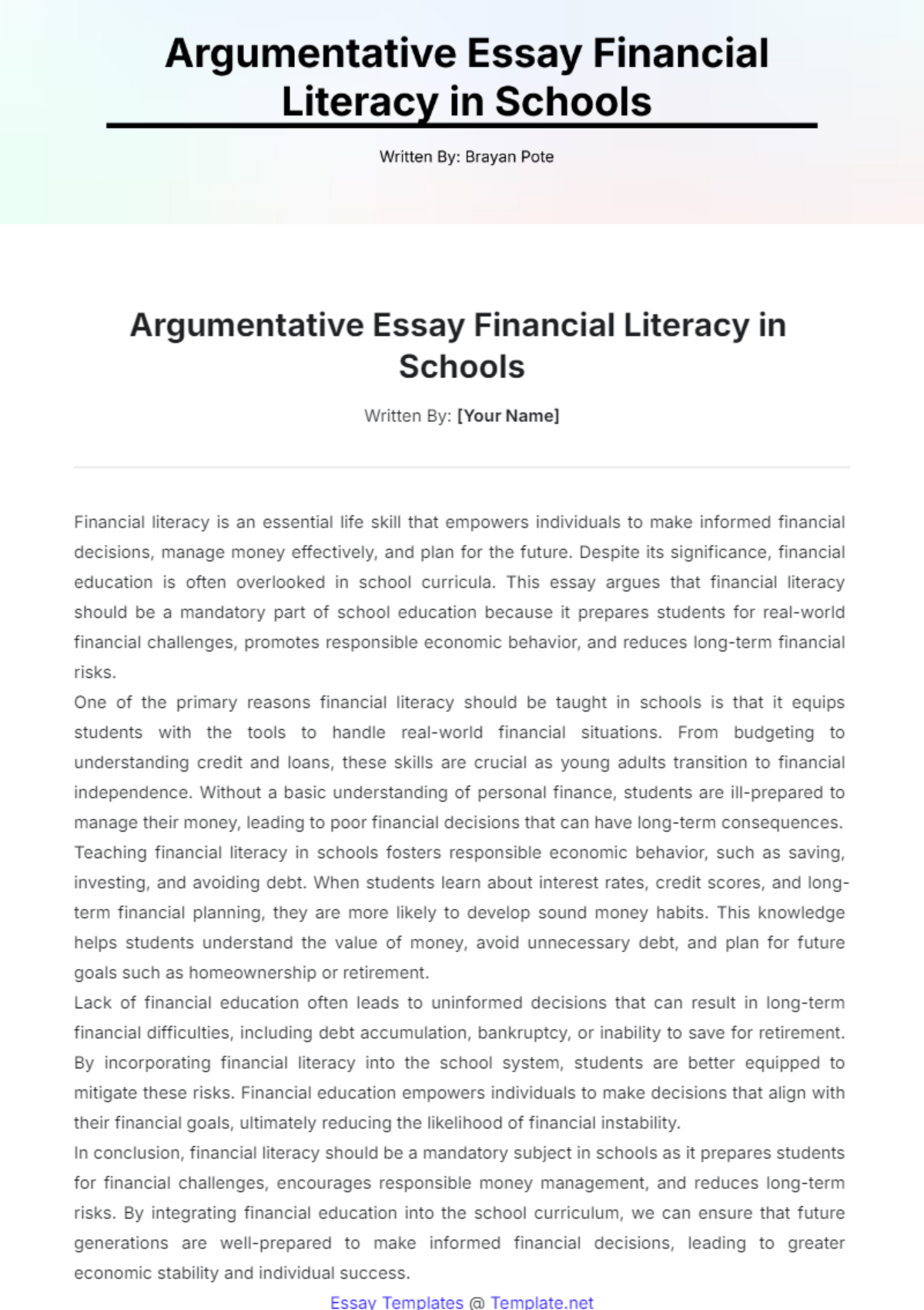
Written By: [Your Name]
Financial literacy is an essential life skill that empowers individuals to make informed financial decisions, manage money effectively, and plan for the future. Despite its significance, financial education is often overlooked in school curricula. This essay argues that financial literacy should be a mandatory part of school education because it prepares students for real-world financial challenges, promotes responsible economic behavior, and reduces long-term financial risks.
One of the primary reasons financial literacy should be taught in schools is that it equips students with the tools to handle real-world financial situations. From budgeting to understanding credit and loans, these skills are crucial as young adults transition to financial independence. Without a basic understanding of personal finance, students are ill-prepared to manage their money, leading to poor financial decisions that can have long-term consequences.
Teaching financial literacy in schools fosters responsible economic behavior, such as saving, investing, and avoiding debt. When students learn about interest rates, credit scores, and long-term financial planning, they are more likely to develop sound money habits. This knowledge helps students understand the value of money, avoid unnecessary debt, and plan for future goals such as homeownership or retirement.
Lack of financial education often leads to uninformed decisions that can result in long-term financial difficulties, including debt accumulation, bankruptcy, or inability to save for retirement. By incorporating financial literacy into the school system, students are better equipped to mitigate these risks. Financial education empowers individuals to make decisions that align with their financial goals, ultimately reducing the likelihood of financial instability.
In conclusion, financial literacy should be a mandatory subject in schools as it prepares students for financial challenges, encourages responsible money management, and reduces long-term risks. By integrating financial education into the school curriculum, we can ensure that future generations are well-prepared to make informed financial decisions, leading to greater economic stability and individual success.
- 100% Customizable, free editor
- Access 1 Million+ Templates, photo’s & graphics
- Download or share as a template
- Click and replace photos, graphics, text, backgrounds
- Resize, crop, AI write & more
- Access advanced editor
Create a compelling Argumentative Essay on Financial Literacy in Schools with this customizable template from Template.net. Fully editable and tailored to your needs, this template ensures structured, professional content. Editable in our Ai Editor Tool, you can easily personalize it for clarity and impact, making it the perfect tool for academic success and persuasive writing.
